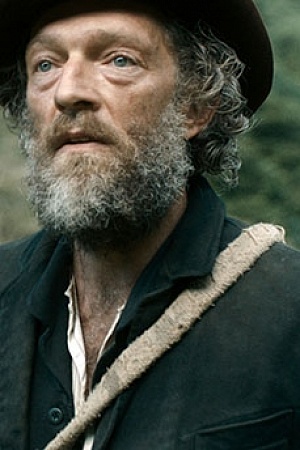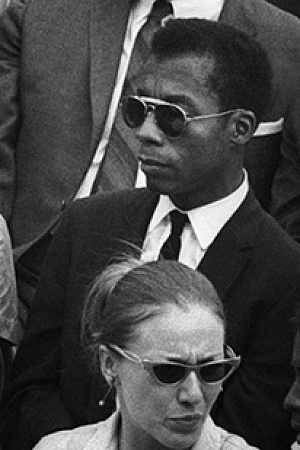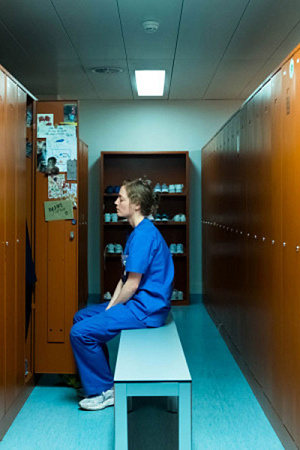Three Summers ★1/2
Imagine, if you can, an elderly white man, Michael Caton, stretching his arms wide and performing an Indigenous dance as part of a traditional welcome at a summer, country-town folk festival, before delivering a sermon on the virtues of acceptance and multiculturalism to a smiling, nodding, ethnically diverse circle of music lovers.
The saddest thing about this scene, from writer-director Ben Elton’s new romantic comedy, Three Summers, is that it is not played for irony. The film contains not a smudge of the shadowy humour that made Elton’s early sitcom Blackadder such an iconic and subversive part of Britain’s Thatcher-era cultural landscape. Rather, Three Summers is an ensemble comedy set across three consecutive instalments of ‘Westival’, a hippy enclave to which thousands of summer holidayers escape every year. It’s here that Queenie the community radio host (Magda Szubanzksi in sharp comedic form) narrates the events. There is a misfit romance between sassy fiddle-player Keevey (Home and Away’s Rebecca Breeds) and folk-shunning theremin devotee Roland; Keevey’s dad Eamon (John Waters), who is battling with his alcoholism at AA; a family struggling to absorb adoptee Baktash (Mahesh Jadu), just out of a detention centre; and grouchy Henry (Michael Caton), who glare across the campsite at a bunch of Indigenous kids, including Jack (Kelton Pell).
Continue reading for only $10 per month. Subscribe and gain full access to Australian Book Review. Already a subscriber? Sign in. If you need assistance, feel free to contact us.











Comments (3)
I'm not afraid to write that I liked it. The acting was exquisite. More so if the film was as bad as every one else seems to think. It was, on the surface a very simple storyline with heavy topics portrayed lightly. Maybe in an effort to ensure brainless cinema goers would get it. Maybe I've just outed myself as brainless! I can't be bothered restating the plot but I feel Ben Elton probably was trying to attempt to portray aussie issues within a film where he only had one and a half hours to do so. Or otherwise the editing was manic. Maybe both.
My main question is; were all those cultures depicted asked to give input into the story which described them? If they were and they are happy, I'm happy.
Leave a comment
If you are an ABR subscriber, you will need to sign in to post a comment.
If you have forgotten your sign in details, or if you receive an error message when trying to submit your comment, please email your comment (and the name of the article to which it relates) to ABR Comments. We will review your comment and, subject to approval, we will post it under your name.
Please note that all comments must be approved by ABR and comply with our Terms & Conditions.